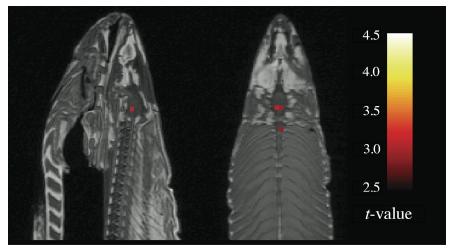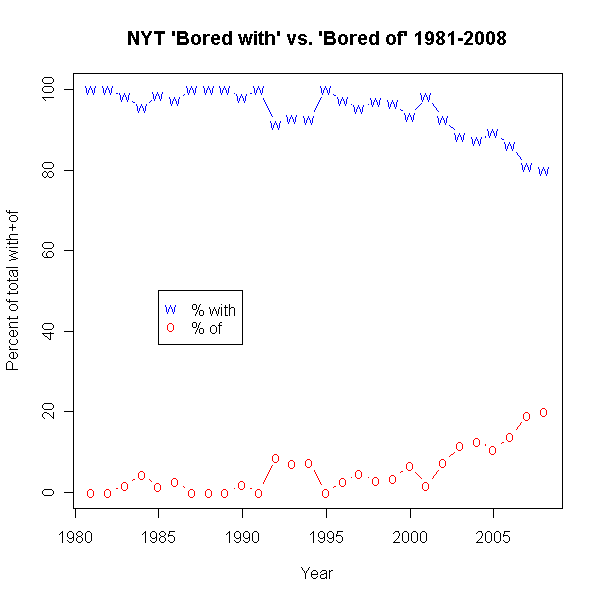The Vulture Reading Room feeds the eternal flame
If I and my friends and colleagues could just have found the strength of will to not talk about Dan Brown's new novel The Lost Symbol, perhaps we could have stopped his march to inevitable victory as the fastest-selling and most renowned novelist in human history, and The Lost Symbol could have just faded away to become his Lost Novel. If only we could just have shut up. And we tried. But we just couldn't resist the temptation to gabble on about the new blockbuster. Sam Anderson at New York Magazine has set up a discussion salon devoted to The Lost Symbol, under the title the Vulture Reading Room, to allow us to tell each other (and you, and the world) what we think about the book. Already Sam's own weakness has become clear: he struggled mightily to avoid doing the obvious — a Dan Brown parody — and of course he failed. His cringingly funny parody is already up on the site (as of about 4 p.m. Eastern time on September 22). Soon my own first post there will be up. I know that Sarah Weinman (the crime reviewer) will not be far behind, and Matt Taibbi (the political journalist) and NYM's own contributing editor Boris Kachka will not be far behind her.
Read the rest of this entry »




